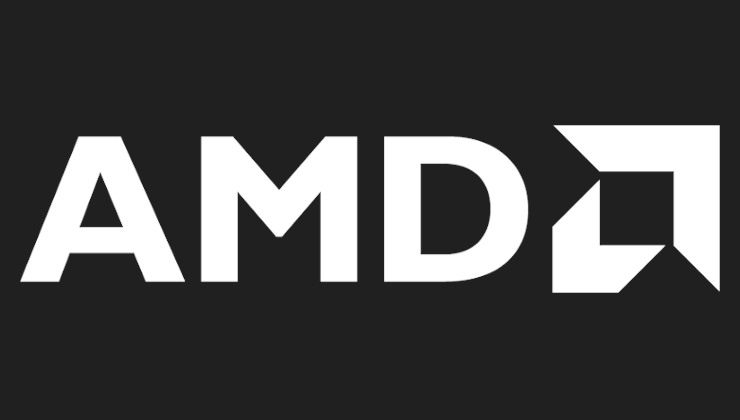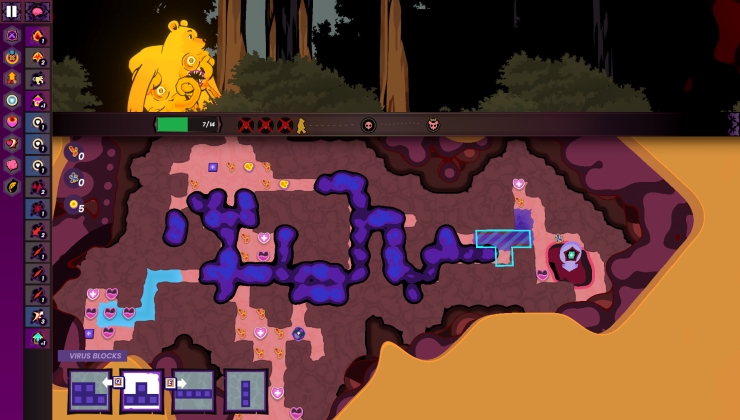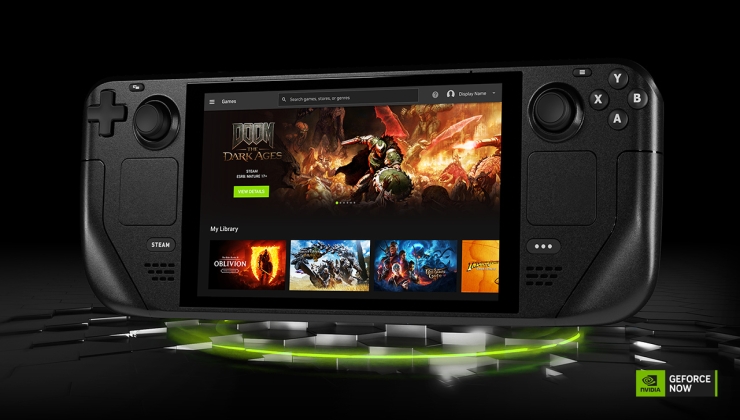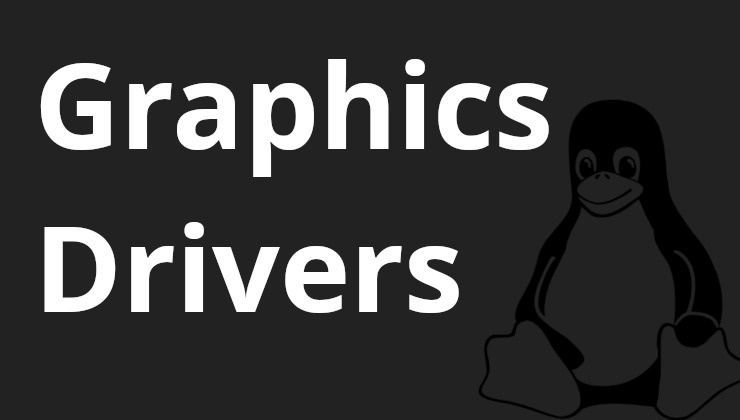We've had colourful discussions about G2A in our Telegram group, IRC, reddit and other places. Some people don't care and just want cheap games, but for those of you who want to support not only Linux, but gaming in general—read on.
I've written before about how IndieGameStand has to deal with fraud, and it's not pretty.
The developer tinyBuild originally had their own shop on their website, which they had to shut down due to chargebacks. They noticed that later G2A would suddenly get a bunch of keys to their games.
Here's the developer tinyBuild on how G2A has sold approximately $450,000 worth of their games without them being compensated.
Note: Seems their website is now suffering problems, here's a screen-grab of the article.
The developer emailed the store, and got a reply along the lines of "you won't get a penny from us, start selling your games on our store or we won't do anything about it".
Stores like G2A make me very angry, ripping off developers and gamers and by the looks of it they don't give a hoot, disgusting.
If you didn't know about this, fair enough, but I urge you to stop now. If you buy from G2A and you understand this, you're not helping developers at all. I implore you: if you use G2A just stop.
I should note, that I don't personally see anything wrong in selling on keys you legally own and haven't used to someone else. The problem is that stores like G2A built a business around it, which has obviously attracted the attention of a fair amount of scammers using stolen credit cards to buy keys and sell on.
I've written before about how IndieGameStand has to deal with fraud, and it's not pretty.
The developer tinyBuild originally had their own shop on their website, which they had to shut down due to chargebacks. They noticed that later G2A would suddenly get a bunch of keys to their games.
Here's the developer tinyBuild on how G2A has sold approximately $450,000 worth of their games without them being compensated.
Note: Seems their website is now suffering problems, here's a screen-grab of the article.
The developer emailed the store, and got a reply along the lines of "you won't get a penny from us, start selling your games on our store or we won't do anything about it".
tinybuildIn short, G2A claims that our distribution partners are scamming us and simply selling keys on G2A. They won’t help us unless we are willing to work with them. We are not going to get compensated, and they expect us to undercut our own retail partners (and Steam!) to compete with the unauthorized resellers.
Stores like G2A make me very angry, ripping off developers and gamers and by the looks of it they don't give a hoot, disgusting.
If you didn't know about this, fair enough, but I urge you to stop now. If you buy from G2A and you understand this, you're not helping developers at all. I implore you: if you use G2A just stop.
I should note, that I don't personally see anything wrong in selling on keys you legally own and haven't used to someone else. The problem is that stores like G2A built a business around it, which has obviously attracted the attention of a fair amount of scammers using stolen credit cards to buy keys and sell on.
Some you may have missed, popular articles from the last month:
All posts need to follow our rules. For users logged in: please hit the Report Flag icon on any post that breaks the rules or contains illegal / harmful content. Guest readers can email us for any issues.
This doesn't seem to be so much as a G2A problem but rather those offering their games on the platform. G2A is not responsible for illegitimate material. The statement G2A made should be enough for tinyBuilds to start a criminal investigation and lawsuit with actual damages to be claimed. And the claim here is far more valid than the average copyright claim because customers believe they bought a legitimate copy of the game on sale and thus are not likely to purchase it again. As said before, if someone pulls a chargeback on a key, you disable that key. Then the customer has a way of knowing if he bought something illegitimate and can then sue the retailer.If the company is based in Hong Kong, as another poster discovered, then any kind of legal action is effectively impossible. China has a very casual view of copyright and intellectual property.
EDIT: oh and also, gamergate found something: http://archive.is/tLs2H#selection-2587.0-2627.80
Seems to be a hoax up to some degree.
0 Likes
Well then, that sucks.
1 Likes
If the company is based in Hong Kong, as another poster discovered, then any kind of legal action is effectively impossible. China has a very casual view of copyright and intellectual property.The point was that legal action against G2A was going to be incredibly difficult, as the chances of getting scammed on ebay are just as big and that site isn't held even close to the same standard that is demanded here.
Instead, they should go after those that steal the keys.
0 Likes
EDIT: oh and also, gamergate found something: http://archive.is/tLs2H#selection-2587.0-2627.80
Seems to be a hoax up to some degree.
Gamergate "found" nothing. How the $450k was arrived at is explained by the developer themselves in the Gamasutra article, including that the amount assumes full price, and they have figures for the discounted sales in there too. Get off the GG train - they are anti-games, anti-gamer, anti-developer, anti-progress. There's no hoax or scandal here on the part of the developer.
1 Likes
EDIT: oh and also, gamergate found something: http://archive.is/tLs2H#selection-2587.0-2627.80If the company is based in Hong Kong, as another poster discovered, then any kind of legal action is effectively impossible. China has a very casual view of copyright and intellectual property.
Seems to be a hoax up to some degree.
Does Hong Kong have that casual view as well though? They have separate legal systems: https://en.wikipedia.org/wiki/One_country,_two_systems
0 Likes
A market place is a store, you buy things from it. They provide the platform and the service, they are responsible.It's a market place, not a store. Maybe you should read before saying things...This doesn't seem to be so much as a G2A problem but rather those offering their games on the platform. G2A is not responsible for illegitimate material.That is the single stupidest thing I will probably read all week. A store is not responsible for illegal content? Paleeeease.
Legally in Europe that's not the case, it's undefined. Defined is - it's your store if you have a direct financial transaction. If they're just providing a platform for buying and selling over several payment providers, that's legally not a store. It's considered a marketplace.
Which makes it legally difficult. A provider of a marketplace is never responsible for the sellers selling goods. Responsible for this would be authorities, tax office to be true.
The only obligation G2A legally holds is probably that in case of a law suite they'd have to give out the information of the person who sold the keys or the payment information used. And there the war against strange companies sitting in countries offshore with laws not to give out informations etc. starts.
They're using a loophole in the law and know very well that you would probably not get far with this. Only if you can prove that they're profiting out of illegal sales, it's a way to sue them directly.
0 Likes
There is no GG train, if you actually read up on what they actually are and actually did you would understand that. They are doing everything they can to make sure games stay fun, stay enjoyable and that progress is made in the right direction. Do you really think they care about developers taking on socjus issues? No. But if the developer then goes about calling ALL gamers a bunch of misogynist assholes they are going to retaliate... BY NOT BUYING THE GAME.EDIT: oh and also, gamergate found something: http://archive.is/tLs2H#selection-2587.0-2627.80
Seems to be a hoax up to some degree.
Gamergate "found" nothing. How the $450k was arrived at is explained by the developer themselves in the Gamasutra article, including that the amount assumes full price, and they have figures for the discounted sales in there too. Get off the GG train - they are anti-games, anti-gamer, anti-developer, anti-progress. There's no hoax or scandal here on the part of the developer.
The harassment claims made by the press is pretty much summarized by 1. infantile whining and 2. Zoe Quinn's troll army sending threats against *insert feminist here* and using the gamergate hashtag. Stop falling for the victim routine bullshit and read before you tell me anything.
I quoted the exact post, with selected text that explains why the number is hugely inflated and I'm calling it hoax level because it turns out the number tinyBuild quotes is 5 times as big as the worst case(and from a business point to be expected case) scenario. I'm not saying that this is not a significant loss for a indie developer, but if they came with that amount of money they'd at least sound a lot more sincere. And then it also explains why they aren't just going to the police with this (because they cannot afford the lawsuit over this).
0 Likes
Get off the GG train - they are anti-games, anti-gamer, anti-developer, anti-progressAt least we now know who's responsible for it taking off:
View video on youtube.com
0 Likes
From the GOG.com terms of service:
[insert ... all your base are belong to us yada yada...]
So for example when GOG gives out games for free or the like, you can't take those keys and sell them on G2A.
Thank you for pointing out what this scandal is really about. It has nothing to do with stolen credit cards or nefariously obtained keys, and everything to do with developers and distributors complaining that they haven't managed to completely squash the first sale doctrine and stop secondary markets for their products.
There is a legal aspect to this, where the various EULA forbid transfer of keys, and those may or may not be currently enforceable in any given district (probably are but it's not completely tested). Personally, I think more laws protecting consumers are bound to be written. Either way, the legal aspect of this is completely different than the ethical aspect of it.
I believe most people feel it is just and fair that they can resell a key which they have legally obtained and don't want. G2A facilitates that. The fact some distributors and devs are issuing keys with half assed protections means those keys might also be sold there.
EDIT:
Here is a great article to read to understand how small the hairs that are being split here are;
http://www.forbes.com/sites/gregvoakes/2012/07/03/european-courts-rule-in-favor-of-consumers-reselling-downloaded-games
Quoted from an EU ruling (not US):
Where the copyright holder makes available to his customer a copy – tangible or intangible – and at the same time concludes, in return form payment of a fee, a licence agreement granting the customer the right to use that copy for an unlimited period, that rightholder sells the copy to the customer and thus exhausts his exclusive distribution right. Such a transaction involves a transfer of the right of ownership of the copy. Therefore, even if the licence agreement prohibits a further transfer, the rightholder can no longer oppose the resale of that copy.
Last edited by Gempalm on 22 Jun 2016 at 12:02 am UTC
0 Likes
I don't really understand the problem;
Link keys to their order id, that way if the customer cancels the order or it turns out the credit card was stolen you can cancel the key.
If they are mad that people are selling surplus keys / used games - well tough luck, the customer is well within his right to do that.
Obligatory car analogy; Just Imagine the uproar if the automotive industry tried to prevent you from selling your old car, or came out and claimed that used car dealers was costing them millions. ( by the same "magic accounting" presentent in the article they are )
Link keys to their order id, that way if the customer cancels the order or it turns out the credit card was stolen you can cancel the key.
If they are mad that people are selling surplus keys / used games - well tough luck, the customer is well within his right to do that.
Obligatory car analogy; Just Imagine the uproar if the automotive industry tried to prevent you from selling your old car, or came out and claimed that used car dealers was costing them millions. ( by the same "magic accounting" presentent in the article they are )
0 Likes









 How to get GeForce NOW on Steam Deck, SteamOS
How to get GeForce NOW on Steam Deck, SteamOS How to install, update and see what graphics driver you have on Linux and SteamOS
How to install, update and see what graphics driver you have on Linux and SteamOS